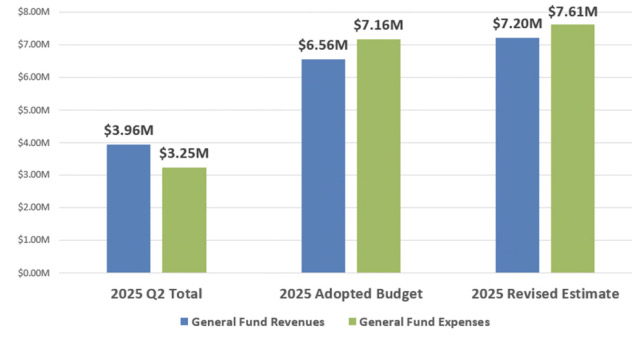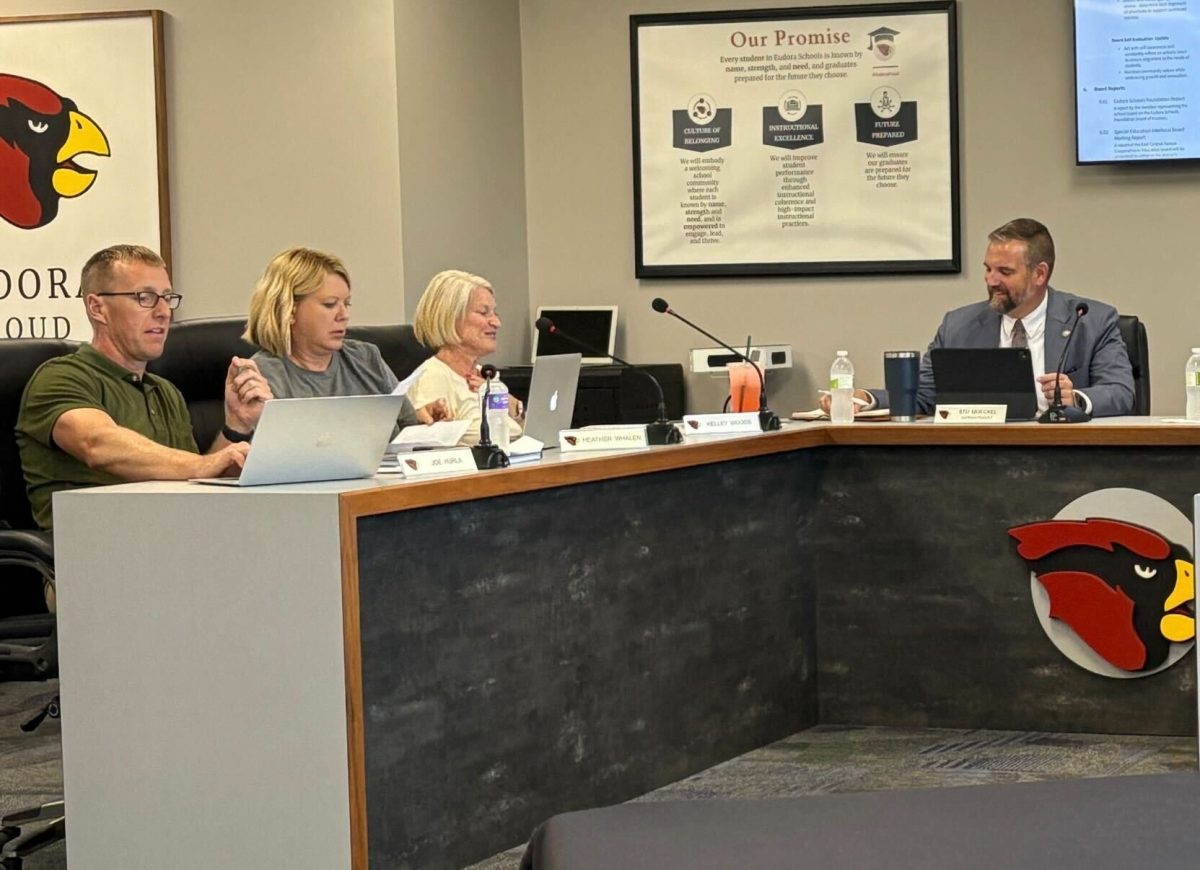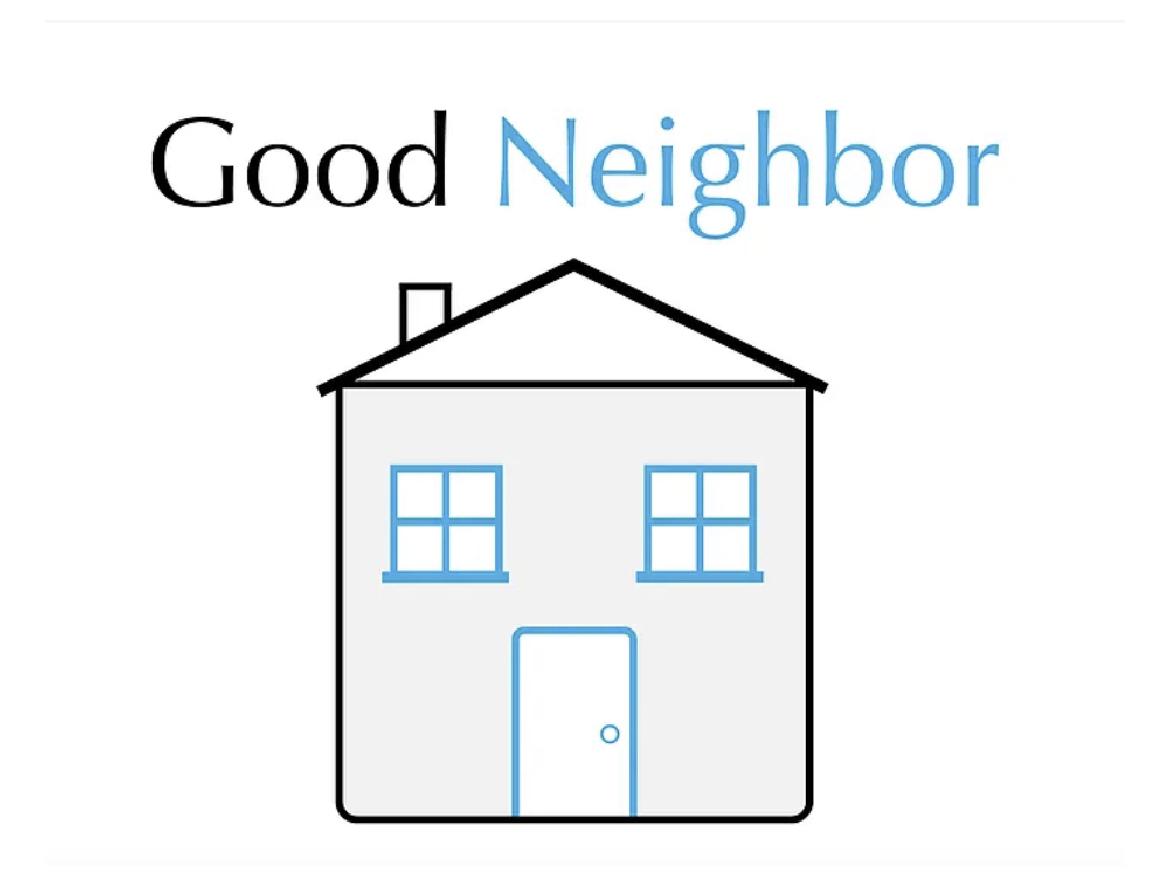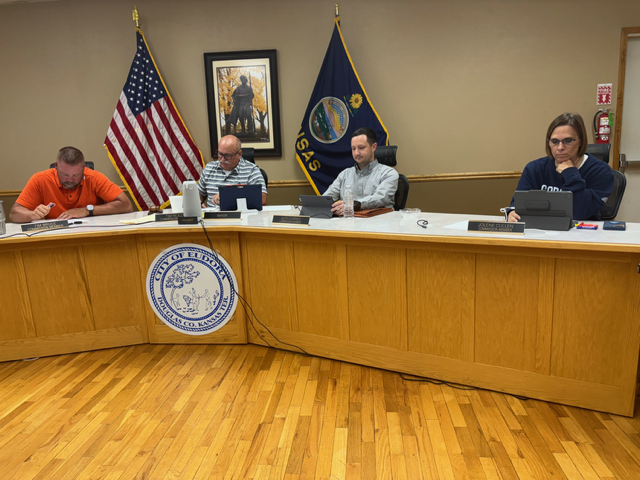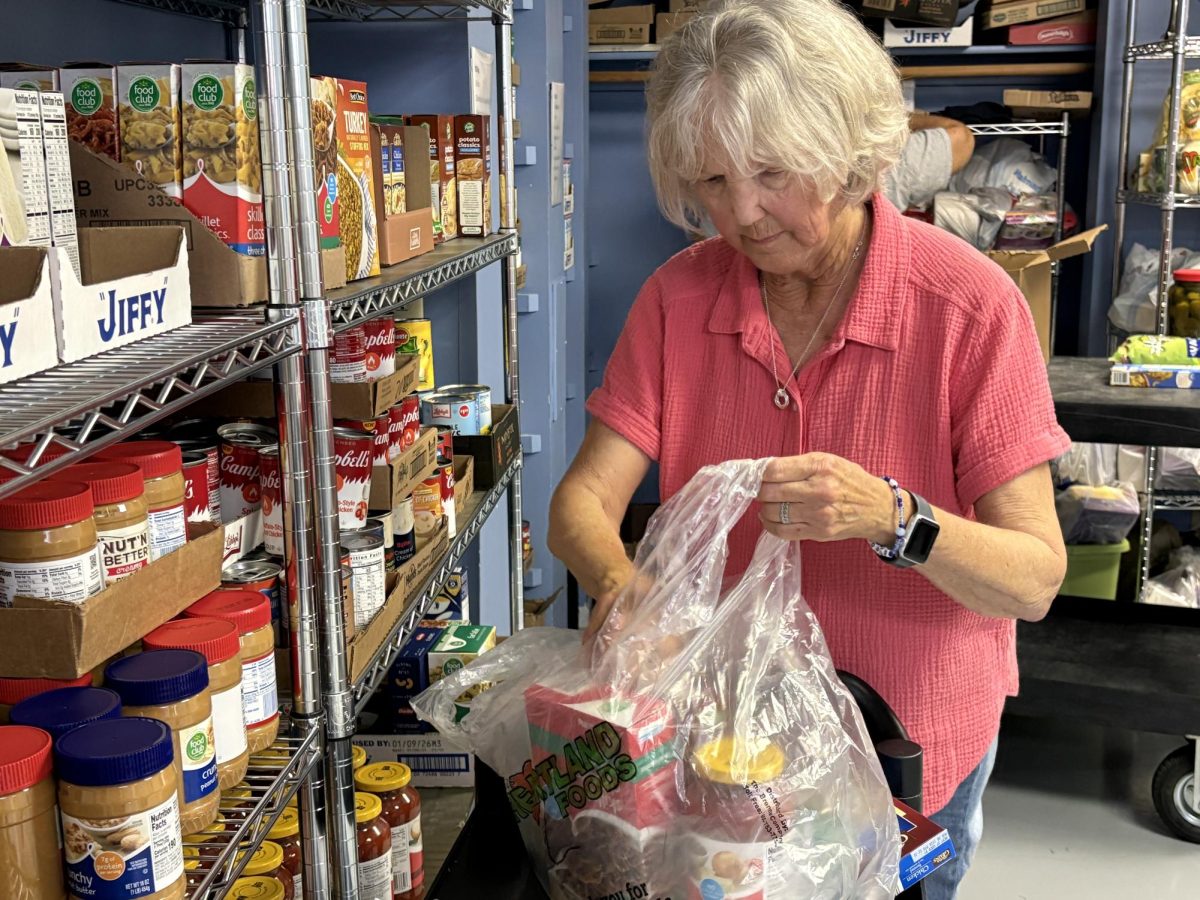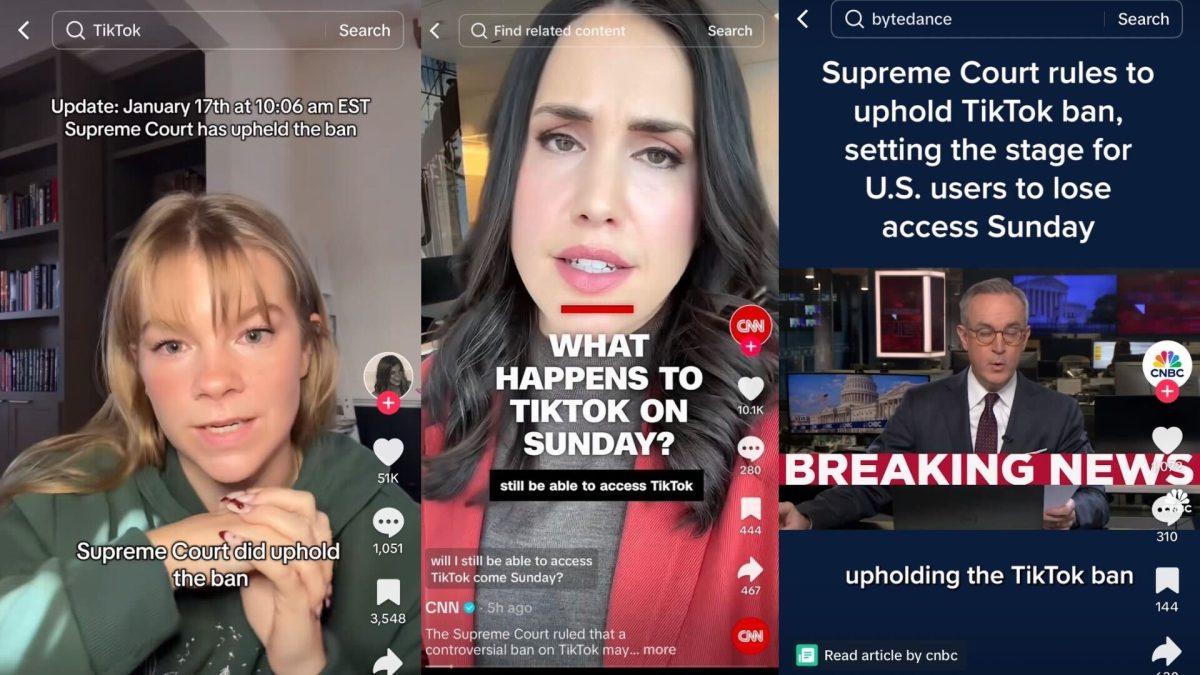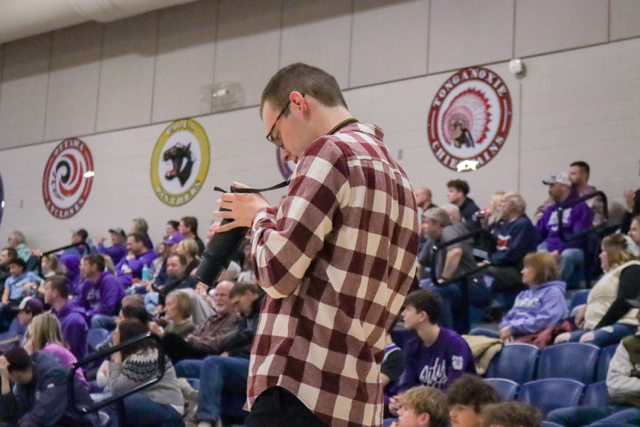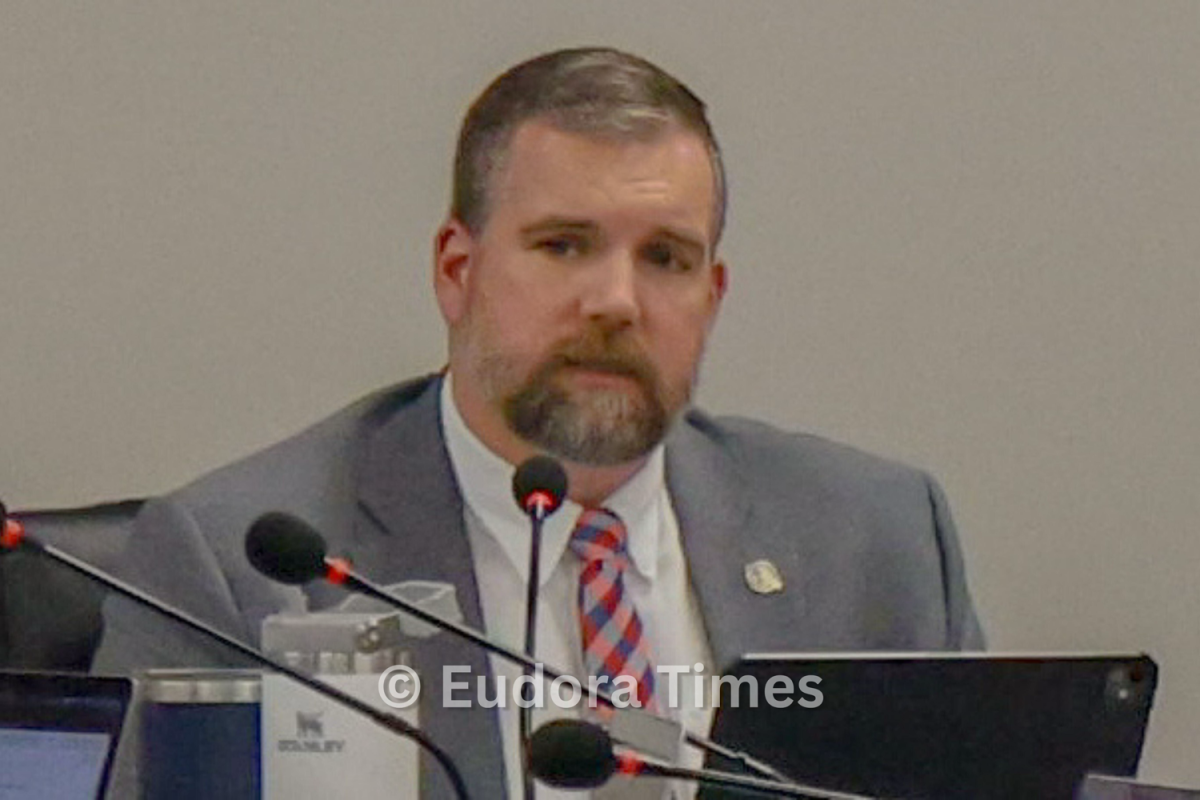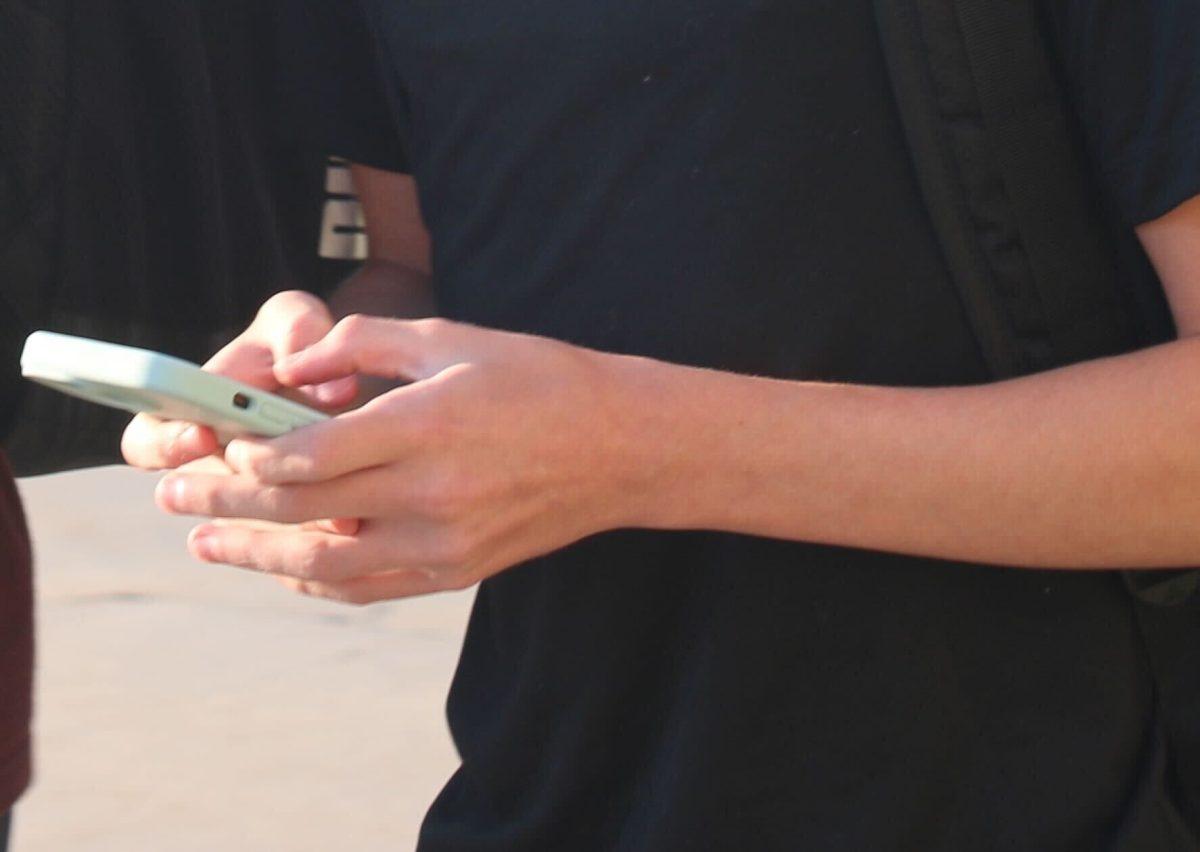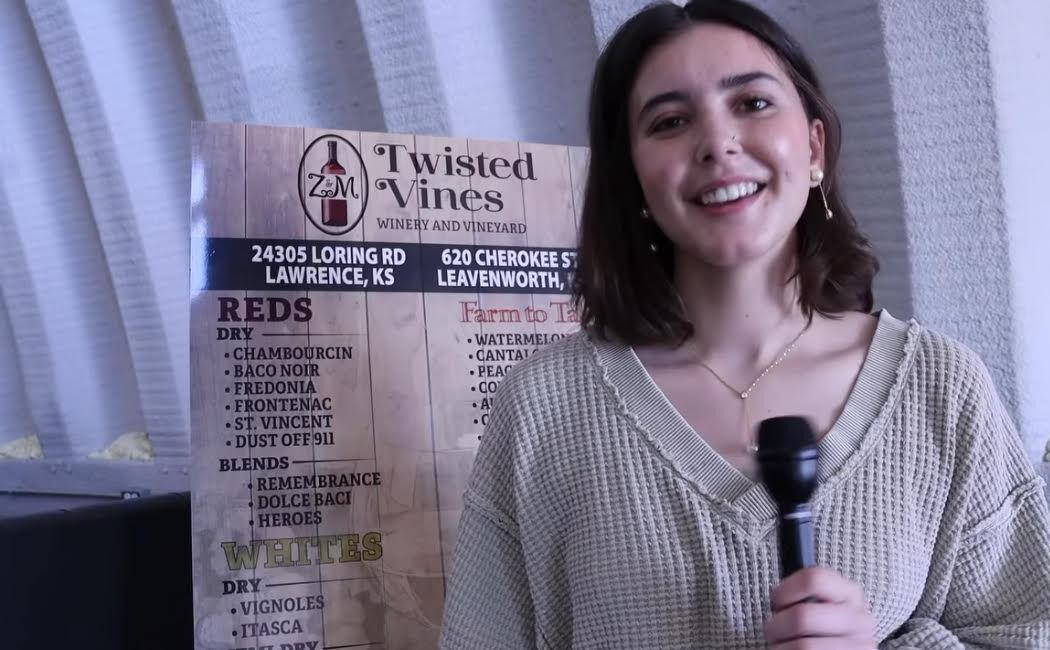Senior Addy Hemphill has often used TikTok to document some of her favorite memories. But next week, she might need to find a new place to reminisce.
The Supreme Court ruled Friday to allow a law to go into effect that will force TikTok to sell to new owners or face a ban Sunday.
The Supreme Court decision came after Congress passed a law last year to ban TikTok unless it separated itself from China-based parent company ByteDance. Congressional Democrats and Republicans expressed concerns about the possible national security threats from the app’s Chinese ownership.
TikTok challenged the law, arguing it was a violation of free speech protections.
Hemphill has shared moments from volleyball tournaments to school dances on the platform. But she isn’t too worried about the ban, saying she would be fine without the app. However, it still makes her sad that she won’t be able to continue documenting special moments.
She said she was especially concerned for the growing group of people who have made TikTok creation their primary income source.
“I think now that it’s probably going to happen, like, it makes me a little sad,” she said. “Just because I have a lot of memories on TikTok and I think people use it in ways to show their creativity and their ideas and everything.”
TikTok has skyrocketed in popularity, particularly among young people, thanks to its sophisticated algorithm. Around one-third of U.S. adults use TikTok, according to Pew Research data, and that number jumps to nearly 60% for people between 18 and 29.
Senior Nate Steinlage doesn’t use TikTok himself but has seen it plenty among his peers.
He understands both the good and bad if TikTok is banned. On one hand, it has been a place where people can express their creativity. But it can also lead to bad habits and create a negative environment, Steinlage said.
“I think I can see both ways,” he said.
He anticipates people his age finding another new app to flock to. Many social media apps have created their own short-form video content emulating TikTok, such as Instagram Reels or YouTube Shorts.
“I think some people have stronger reactions than others,” Steinlage said. “It just depends on, like, how much they use it. For my close group of friends, they just kind of say that it’s gonna go away and all the crowds are gonna move to another app or environment that’s similar. Or they’ll create a new one that’s U.S.-based.”
The high school’s video production class has a TikTok page, but Nate Robinson, the video production teacher, said they post to five platforms and Instagram attracts the most viewers.
Senior Errol Siemon said he has the app but doesn’t use it often. Because of that, he doesn’t care much whether it gets banned or not.
He thinks a ban could help spur more in-person conversations in place of time spent on social media.
“I can see it being a positive and a negative, but I think it’ll have more of a positive outcome,” he said.
Reach reporter Cuyler Dunn at [email protected]







